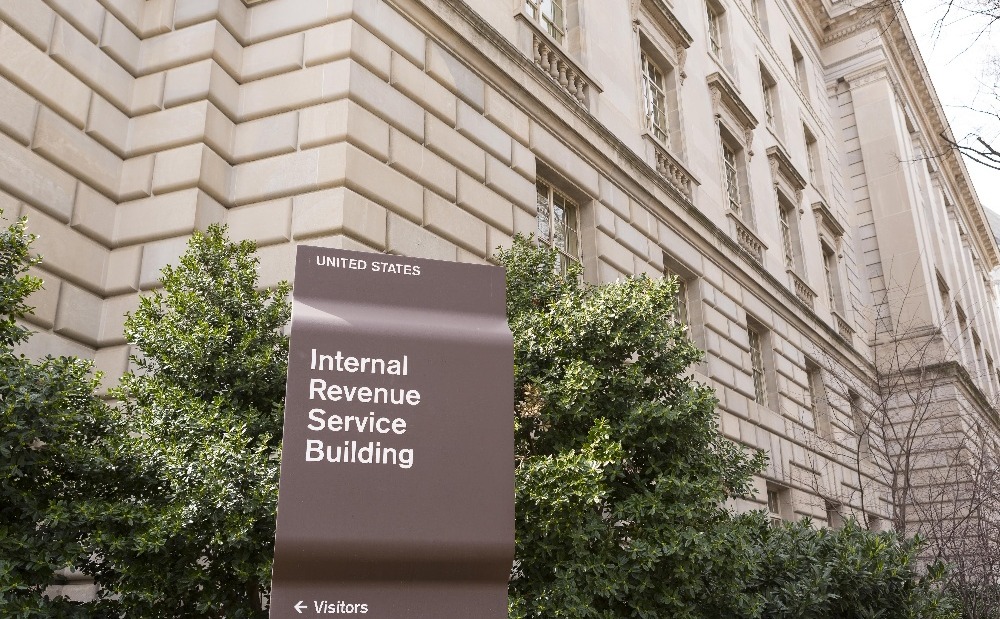On April 23, by a 3 to 2 partisan vote, the Federal Trade Commission (FTC) banned virtually all noncompete agreements. There are some limited exceptions involving key executives, but in general, the new rule would not only ban future noncompete agreements, but also require notice to workers who are party to existing noncompete agreements that those agreements will not be enforceable.
According to FTC Chair Lina M. Khan, “Noncompete clauses keep wages low, suppress new ideas, and rob the American economy of dynamism…The FTC’s final rule to ban noncompetes will ensure Americans have the freedom to pursue a new job, start a new business, or bring a new idea to market.”
The FTC said the new rule would bar enforcement of existing noncompete agreements after the rule’s effective date (September 4, 120 days after its publication in the Federal Register), except for certain senior executives. The FTC characterized noncompetes as “an unfair method of competition,” and therefore a violation of Section 5 of the FTC Act. The agency pointed to nondisclosure agreements and trade secret laws as viable alternatives “to protect their investments…proprietary and other sensitive information.”
The new final rule includes model language that employers can use to provide the required notice to workers that new noncompetes are barred and that employers are barred from enforcing existing noncompetes.
The rule could impact NAIFA members currently barred by a noncompete agreement from changing companies/employers. It will likely create more carrier focus on non-proselytizing efforts, too.
Prospects: The business community is up in arms over this ban of noncompetes, and a Congressional Review Act (CRA) motion to block the rule is expected. However, it is likely that even if the CRA motion passes both the House and Senate, President Biden will veto it. Lawsuits to challenge the rule have already been filed.
NAIFA Staff Contact: Jayne Fitzgerald – Director – Government Relations, at jfitzgerald@naifa.org.






.png?width=600&height=90&name=Support%20IFAPAC%20%20(600%20%C3%97%2090%20px).png)
